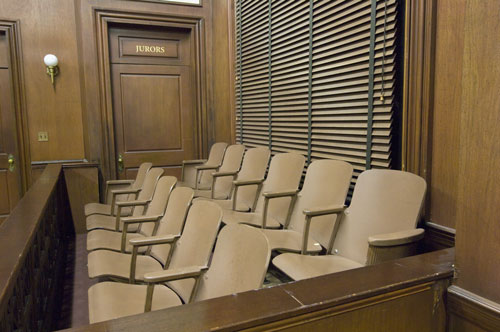Justice Alito concluded with the following: Under Missouri law, “the standard for determining whether a juror should be excused for cause is whether his or her views would ‘prevent or substantially impair’ the performance of duties as a juror.” State v. Ramsey, 864 S. W. 2d 320, 336 (1993) (quoting State v. McMillin, 783 S. W. 2d 82, 91 (1990)). If a court has a sound basis for concluding that a particular juror’s beliefs would “prevent or substantially impair” his or her ability to render impartial justice, dismissal for cause clears that high bar. “The Constitution guarantees both criminal and civil litigants a right to an impartial jury.” Warger v. Shauers, 574 U. S. 40, 50 (2014). So, a court has an indisputably significant “interest in seating a jury that can properly and impartially apply the law to the facts of the case.” Lockhart v. McCree, 476 U. S. 162, 175 (1986).
Jurors are duty-bound to decide cases based on the law and the evidence, and a juror who cannot carry out that duty may properly be excused. But otherwise, I see no basis for dismissing a juror for cause based on religious beliefs. I would vote to grant review in this case were it not for the fact that the Court of Appeals concluded that the Department of Corrections did not properly preserve an objection to dismissal of the two potential jurors and, thus, that their dismissal was reviewable under state law only for plain error. Because this state-law question would complicate our review, I reluctantly concur in the denial of certiorari.
New Jersey criminal law presents an interesting catch-22 regarding jury selection and peremptory challenges. A defense attorney must use all their peremptory challenges to preserve a challenge to the prosecution’s use of their challenges on appeal. Therefore, if the prosecution uses their peremptory challenges in an unlawful manner, and the defense has numerous peremptory challenges remaining, the defense must use all those challenges to preserve the issue for appeal. Otherwise, the failure to use the challenges is treated as an acknowledgement by the defense that it was satisfied with the empaneled jury.

